Dr Imam Ajijolakewu holds a Diploma in Islamic Science as well as a PhD in Microbiology. Apart from being a lecturer in the Department of Microbiology, University of Ilorin, he is also an Imam of a central mosque in Ilorin, the Kwara State capital. In this interview, he speaks about Shawwal fast, Eid celebration and sundry other issues
Can you explain the concept and significance of Shawwal fast, which is usually observed after the Ramadan fast?
Shawwal is the month after Ramadan. Allah’s Messenger says: ‘Whoever fasts during the month of Ramadan and then follows it with six days of fasting in the month of Shawwal, it will be as if he has fasted the year through.’ The month of Shawwal is singled out for observance of extra fast, since this month comes immediately after Ramadan. Shawwal fast is very important; it is recommended that a Muslim observes it immediately after Ramadan.
Is Shawwal fast also compulsory for all Muslims as Ramadan is?
It is not compulsory but it is an opportunity for Muslims be blessed for the rest of the year. While Shawwal is not compulsory, it is beneficial because it gives Muslims the reward of fasting throughout the year.
In general what is the essence of fast for Muslims?
Fasting is not only for Muslims; even in Christianity, people fast. We fast for several reasons. As Muslims, we fast to obtain special mercies from Allah. When you fast, your sins, both the hidden and the obvious, are forgiven. It (fast) makes you connected to your God. You aren’t meant to drink, eat or commit sins while fasting; you are also to avoid fight, quarrel and the like.
After Ramadan comes Eid. Why is Eid an important moment for Muslims to look forward to?
Eid is a special day that we celebrate, like everybody celebrates during a festive period. The reward of the one-month-long Ramadan fast can never be quantified; therefore, Eid, which comes after the fast, is a time to celebrate and rejoice among family and friends. Eid marks the end of Ramadan and it is a time for celebration.
For those who, for one reason or the other, skipped some of the 30 days of Ramadan fast, what is required of them as a remedy?
People who skipped fast due to chronic illnesses may not have to pay back the fast; they are only required to pay a redemption fee. But for those who skipped fast because they are on a journey, they are expected to pay back the skipped fast when they return from the journey. As for those who deliberately missed the fast, the person will only pay back the fast day they missed. However, if somebody had (sexual) intercourse with their spouse at daytime on a fast day, such a person is expected to either fast for 60 consecutive days – that is strictly for (sexual) intercourse–feed 60 poor (persons).
Is there any consequence for Muslims who skipped fasting and also fail to observe the remedy window after the 30-day Ramadan fast?
Whoever skips or prematurely breaks the fast even for one day with no valid reason has committed a great sin. His case is with Allah because it is a deliberate action.
Some people due to health challenges or other reasons are exempted from participating in the Ramadan fast. For such people, can someone fast on their behalf as it obtains in some Christian denominations?
You don’t need to fast on their behalf, fasting on behalf of someone else is invalid. If the person is able to fast, it should be done by them. If the person is critically ill, he is required to feed a needy person. The only fast you can pay on behalf of some other person is if the person is paying redemption fast. For instance, if the person has (sexual) intercourse with his wife and he has to pay 60 days of fast in addition to the one he missed. If he dies (in the process) someone can fast on his behalf or if he has made a pledge to Allah. Such a fellow will have to fast if he dies and someone else has to do it on his behalf because the prophet said it is compulsory. So, in essence, the only fast you can pay on behalf of someone else is a debt owed to Allah.
Now that Ramadan is over, what is your advice to Muslims?
I encourage Muslims to celebrate and be happy with one another. Eid, which is the day that follows the final day of fasting, is an important day to remember the poor and engage in charity, buy gifts and share among one another. We have to extend our kind gesture to people on this day.



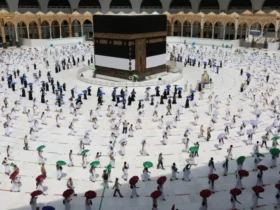
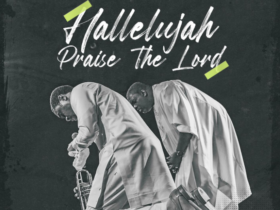



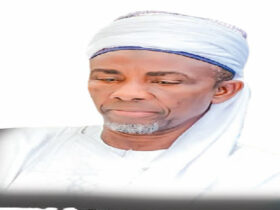
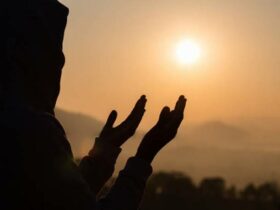
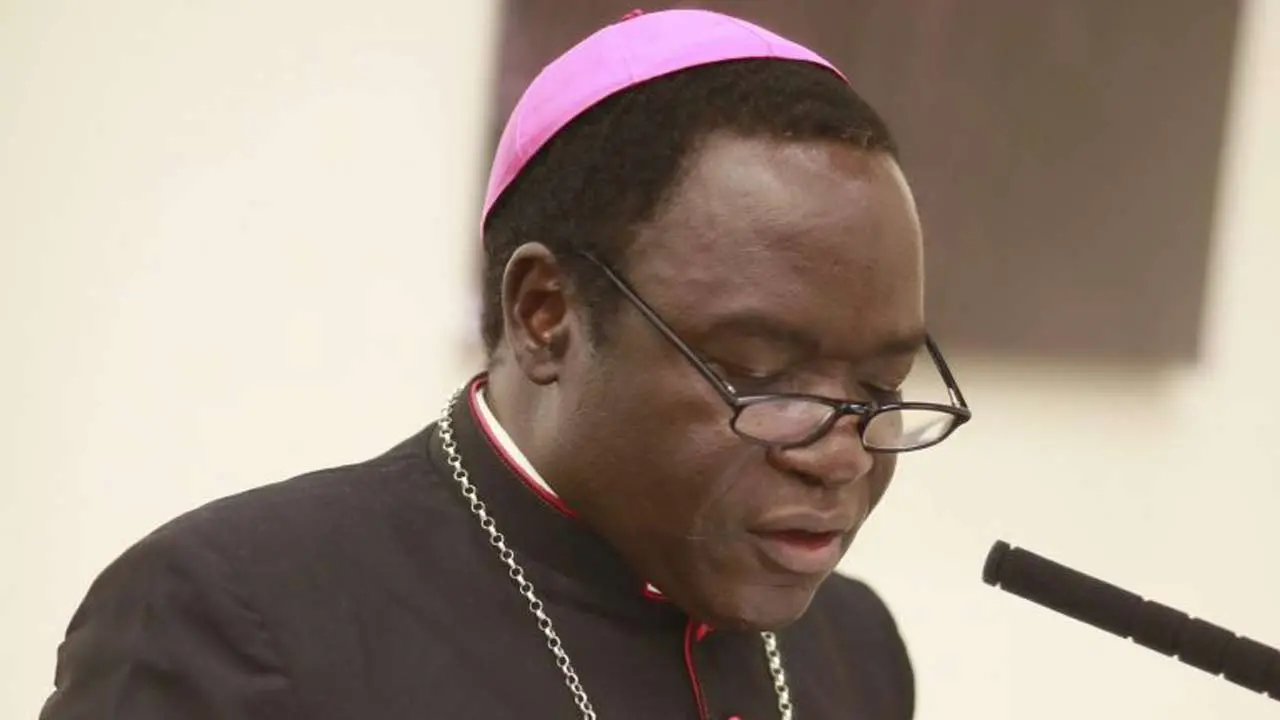
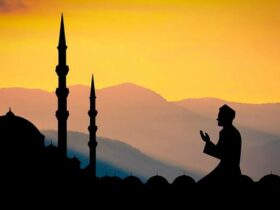
Leave a Reply